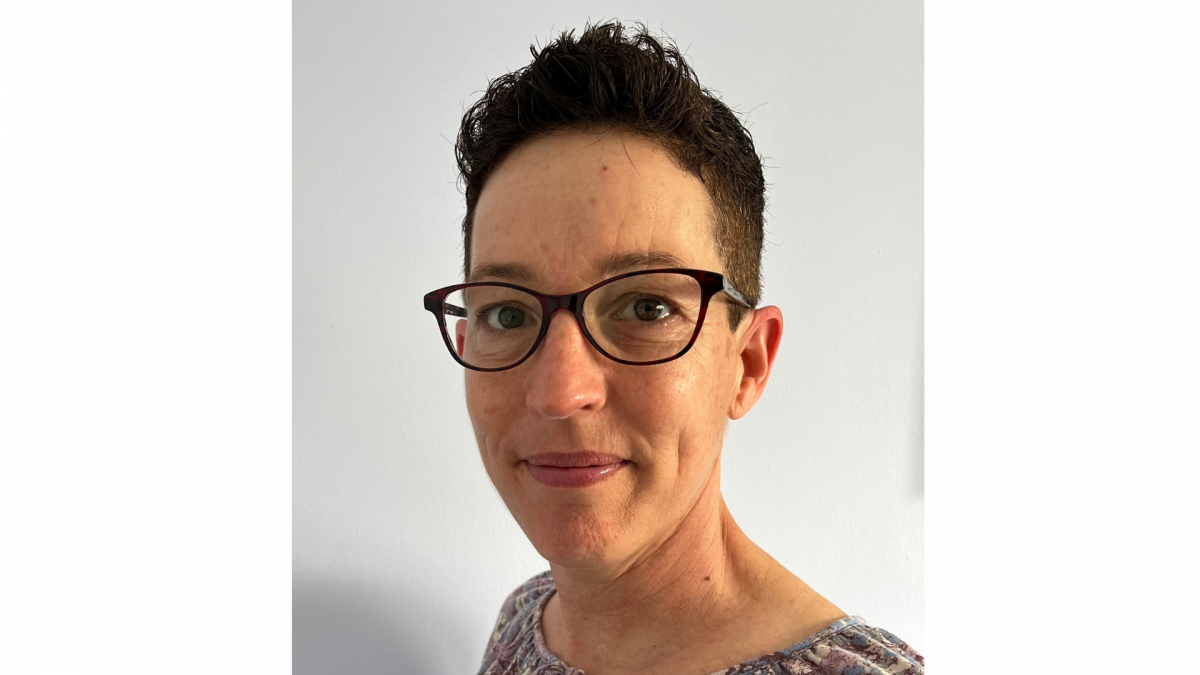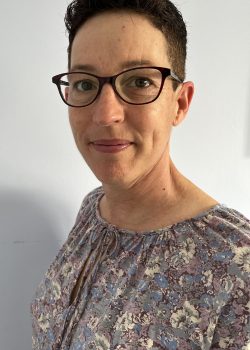
M.Ed student awarded the 2023 Thesis Recognition Award
Nicole Trottier is an early educator teacher, a MEd student and the 2023 Thesis Recognition Award recipient from the Canadian Association for Teacher Education (CATE). Nicole recently defended her Master of Education thesis “Exploring Children’s Experiences of Gender and Heteronormative Disruptive Texts in Early Years Classroom”.
“As a teacher-researcher, I conducted a four-week qualitative case study in my grade two classroom using poststructural feminism and queer theory as theoretical lenses to explore the ways in which the children experienced and understood literature that challenged the dominant discourses of gender and/or heteronormativity,” explains Trottier. “In my research, I aimed to inform my own practice and to support teachers in choosing quality disruptive literature and to learn about and demonstrate how, as teachers, we can challenge the discursive binary identity constructions of the characters and any overt and/or implied heterosexuality. In doing so, I strove to support the children in constructing more fluid constructs of gender and sexuality through these texts.”

Nicole Trottier, M.Ed Student
Why is this award important?
Puts your findings on a national stage and creates greater opportunities for educators to hear or read your research. As it is challenging to bridge the gap between academic research and classroom teachers’ pedagogies and practices, the more your research is discussed and shared, particularly by organizations such as The Canadian Society for the Study of Education (CSSE), the greater the possibility your findings will be heard and implemented.
How will this award impact your career?
I have been fortunate in that I have presented my research on several occasions since defending my thesis. Most recently, I presented at the American Educational Research Association (AERA) annual meeting in Chicago. I am hopeful that CSSE’s recognition of my research creates more opportunities to share my findings and reach more educators which in turn, may create safer and more welcoming school spaces for children who live outside the prescribed societal gender norms and heteronormativity.
What do you hope to achieve in the future?
I hope to eventually shift from presenting my research to writing about it. There are many parts of my study that may be helpful for future researchers which the timed presentation format does not allow me to elaborate on. For example, in my presentations, I am often asked about the design of my study. Though there were challenges, it made both pedagogical and methodological sense that the study would take place in my classroom. My role as a teacher-researcher afforded me time and opportunity to observe the children during unstructured classroom times. The rich conversations between children at school happen spontaneously throughout the day, at recess, playtime, and eating times. I was there for those conversations as children explored and (re)constructed the gendered world and their place in it. It was in these moments, as well as in the children’s responses to the disruptive texts that I recognized just how entrenched gender norms and heteronormativity were in their lives. I observed the children upholding heteronormativity by eschewing cross-gender pairings in friendships, when choosing partners, when picking teams for recess games, and when choosing seat-mates.
What’s once piece of advice you have for new grad students?
In speaking from my own experience in the M.Ed program, I suggest, if you can, to take advantage of all that the university has to offer during your studies. There are countless opportunities to hear leading scholars speak about issues important to education, researchers sharing their latest work, and panels of graduate students sharing their knowledge and research on the most pressing issues in education. Step up and share your work as well. Find your passion but also go outside your comfort zone to be an advocate for all your students and their educational needs.






